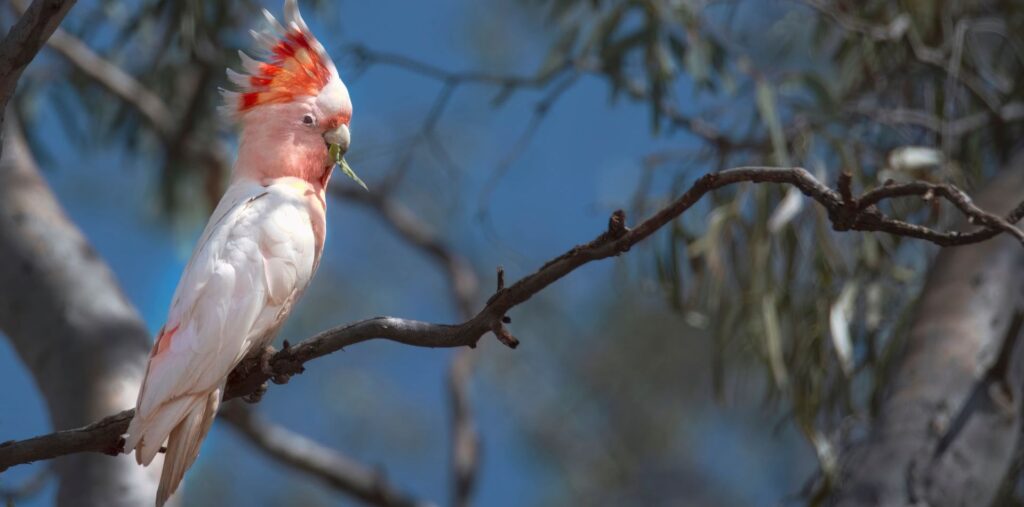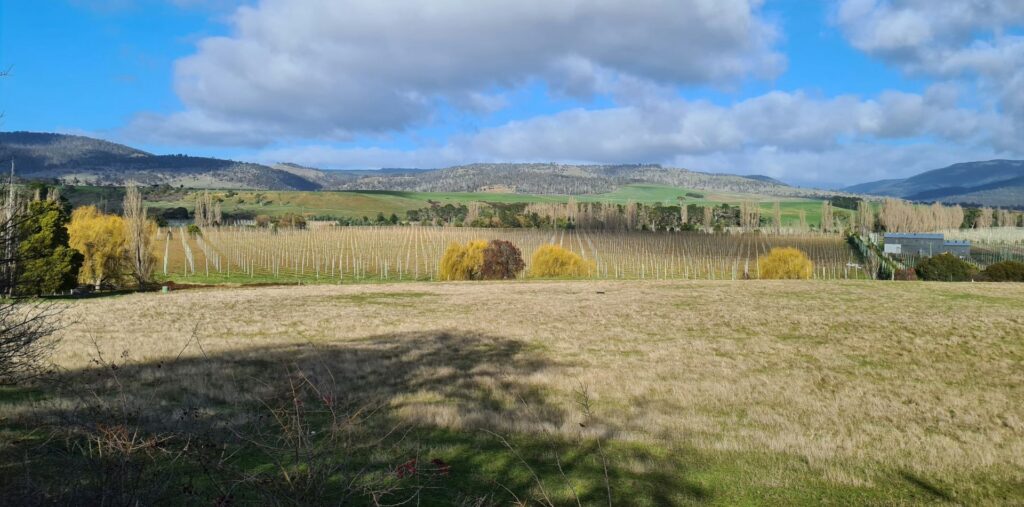Carbon Farming Isn’t Just About Carbon
Planting trees for carbon credits offers many benefits, including building resilience on your land and removing carbon from the atmosphere, but one of the main advantages is their positive impact on Australian biodiversity.
When done right, carbon projects can be a powerful tool for enhancing biodiversity, which is essential for the health of your land and the ecosystems beyond.
The value of building biodiversity in carbon projects is becoming increasingly important. The Australian Government’s Nature Repair Act, which came into effect in December 2023, aims to formalise the value of biodiversity through a new national market for tradeable biodiversity certificates or ‘credits’. This development will further incentivise landholders to protect biodiversity as part of their carbon projects.
At CFF, we are dedicated to empowering landholders with the knowledge and tools needed to maximise the benefits of their carbon farming projects. CFF’s carbon services include Carbon Accounting, Environmental Planting, Plantation Forestry, Soil Carbon and Accounting for Nature; we also play role in supporting Cassinia Environmental with the BushBank program. All of our services and support help move towards a future that enriches biodiversity.

How do Carbon Projects Support Biodiversity?
Carbon projects, whether through the Environmental Planting, Plantation Forestry or Soil Carbon method, have the potential to transform land into biodiversity havens. Here’s how:
1. Restoring Natural Ecosystems
Carbon projects often involve planting trees and protecting existing vegetation, which can help re-establish natural habitats. This restoration not only sequesters carbon but also supports a diverse range of species by providing food, shelter, and breeding grounds.
2. Creating Wildlife Corridors
By connecting patches of vegetation, carbon projects can form wildlife corridors that allow animals to move safely across land. This connectivity is vital for maintaining genetic diversity and ensuring the survival of threatened species.
3. Enhancing Soil Health
Carbon farming improves soil health by increasing organic matter and fostering beneficial microorganisms. Healthy soils support a richer plant community, which in turn supports a more diverse array of wildlife, in and above the ground.
4. Reducing Fragmentation
Carbon projects can focus on maintaining and connecting areas of remnant vegetation. This approach helps to mitigate the effects of habitat fragmentation, which can isolate species and reduce their chances of survival.

The BushBank Program
The Victoria Government’s BushBank program is an initiative designed to help landholders affordably restore Victoria’s natural environment, helping capture carbon and protect biodiversity.
Cassinia Environmental is the delivery partner for the Private Land scheme, working alongside the Victorian government to help landowners access funding for land restoration.
CFF have partnered with Cassinia Environmental to help Bushbank participants register their restoration projects to access carbon credits. We are actively involved in this program, working to ensure that carbon projects under BushBank deliver significant biodiversity co-benefits. Key features of the BushBank program include:
- BushBank offers financial support to landholders looking to implement environmental restoration projects.
- Through our collaboration with Cassinia Environmental, we provide expert guidance on designing and implementing the project to maximise carbon sequestration and biodiversity outcomes.
- Restoring degraded land has many benefits on land including reduced wind speeds and wind erosion, improved soil health, reduced pesticide and fertiliser run-off, improved water quality, improved shelter and pastoral, productivity on bordering land and others.

Our Accounting for Nature (AfN) Service: The Value of Measuring Biodiversity
Our new Accounting for Nature (AfN) service is a game-changer for landholders interested in quantifying the environmental benefits of their carbon projects.
With three accredited AfN experts on our team, we now offer comprehensive support in measuring and reporting on biodiversity outcomes. Benefits of the AfN service include:
1. Quantifiable Impact
Accurately measuring the environmental condition of projects before and after carbon farming activities. This quantification helps in assessing the true impact on biodiversity and landscape health.
2. Certification and Reporting
We guide landholders through the AfN process, ensuring that their projects are recognised for their biodiversity contributions. This includes integrating AfN with Australian Carbon Credit Units (ACCUs) to quantify co-benefits.
3. Market Opportunities
By incorporating AfN into their projects, landholders can tap into the emerging nature capital market, assigning financial value to biodiversity improvements and potentially earning a premium on their ACCUs.

The Future of Biodiversity in Carbon Projects
Biodiversity is not just an added benefit of carbon projects, it is a key component of a healthy and resilient land. Through initiatives like the BushBank program and our Accounting for Nature service, we are working to ensure that our carbon projects benefit biodiversity. By adopting best practices and embracing new opportunities, landholders play a pivotal role in creating a more resilient and biodiverse future.
Want to explore how our services could benefit your land? Take a look at our services here or get in touch with our team.




